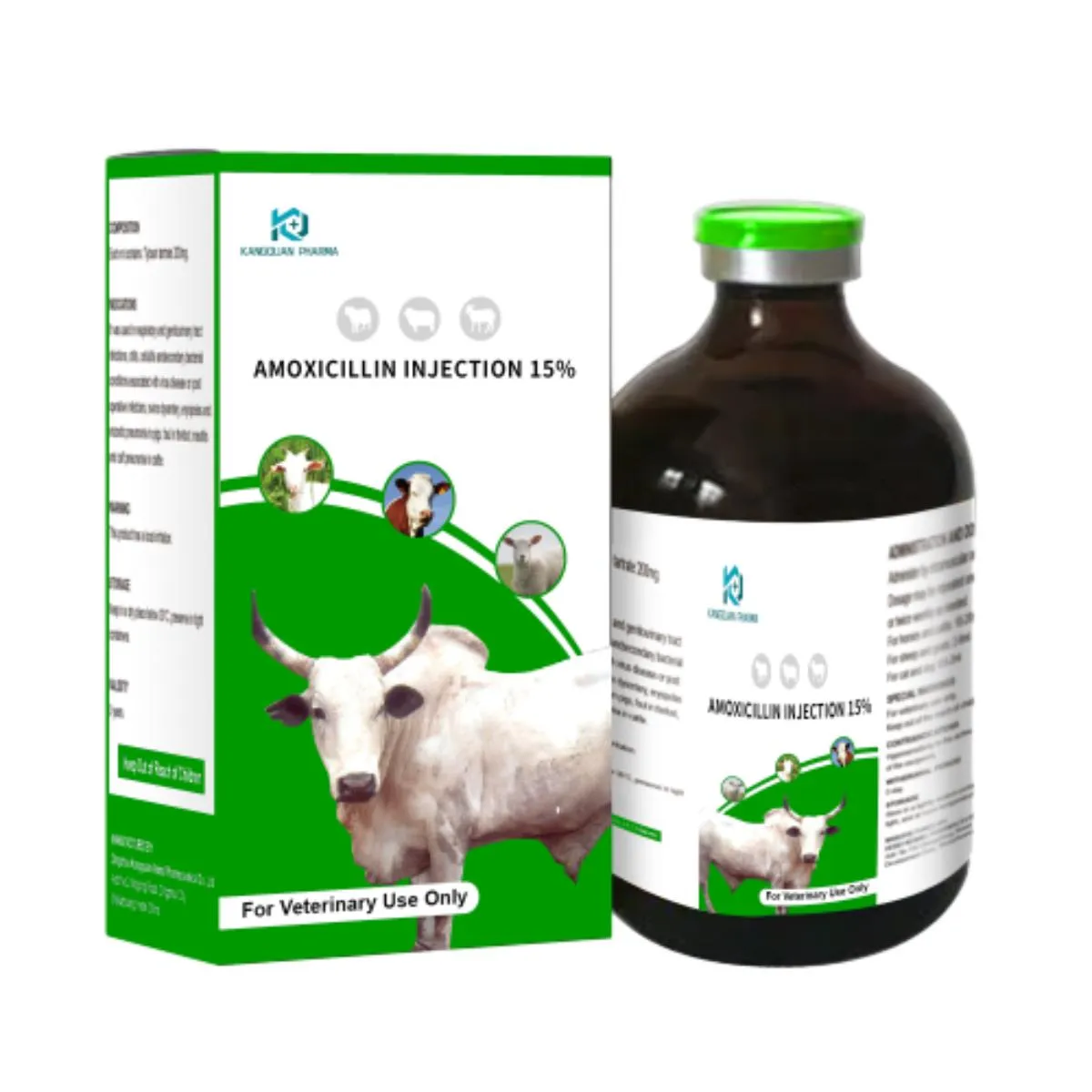- Afrikaans
- Albanian
- Amharic
- Arabic
- Armenian
- Azerbaijani
- Basque
- Belarusian
- Bengali
- Bosnian
- Bulgarian
- Catalan
- Cebuano
- Corsican
- Croatian
- Czech
- Danish
- Dutch
- English
- Esperanto
- Estonian
- Finnish
- French
- Frisian
- Galician
- Georgian
- German
- Greek
- Gujarati
- Haitian Creole
- hausa
- hawaiian
- Hebrew
- Hindi
- Miao
- Hungarian
- Icelandic
- igbo
- Indonesian
- irish
- Italian
- Japanese
- Javanese
- Kannada
- kazakh
- Khmer
- Rwandese
- Korean
- Kurdish
- Kyrgyz
- Lao
- Latin
- Latvian
- Lithuanian
- Luxembourgish
- Macedonian
- Malgashi
- Malay
- Malayalam
- Maltese
- Maori
- Marathi
- Mongolian
- Myanmar
- Nepali
- Norwegian
- Norwegian
- Occitan
- Pashto
- Persian
- Polish
- Portuguese
- Punjabi
- Romanian
- Russian
- Samoan
- Scottish Gaelic
- Serbian
- Sesotho
- Shona
- Sindhi
- Sinhala
- Slovak
- Slovenian
- Somali
- Spanish
- Sundanese
- Swahili
- Swedish
- Tagalog
- Tajik
- Tamil
- Tatar
- Telugu
- Thai
- Turkish
- Turkmen
- Ukrainian
- Urdu
- Uighur
- Uzbek
- Vietnamese
- Welsh
- Bantu
- Yiddish
- Yoruba
- Zulu
Nov . 26, 2024 01:00 Back to list
Fundamentals of Animal Nutrition and Feeding Practices for Optimal Health
Basic Animal Nutrition and Feeding
Animal nutrition is a vital aspect of livestock management and plays a crucial role in achieving optimal health and productivity. Understanding the fundamentals of animal nutrition can help farmers and animal caretakers provide a balanced diet that meets the dietary needs of various species. This article delves into the basics of animal nutrition and feeding practices to help ensure the well-being of animals and enhance their productivity.
Nutritional Requirements
Animals require a variety of nutrients for proper growth, development, and maintenance of health. These nutrients are generally classified into six categories water, carbohydrates, proteins, fats, vitamins, and minerals.
1. Water Often overlooked, water is the most critical nutrient. It is essential for hydration, digestion, nutrient transport, and temperature regulation. Livestock should always have access to fresh, clean water, as dehydration can lead to severe health issues.
2. Carbohydrates Carbohydrates serve as the primary energy source for animals. They are found in grains, forages, and fruits. Simple carbohydrates provide quick energy, while complex carbohydrates are important for sustained energy release.
3. Proteins Proteins are made up of amino acids and are fundamental for growth, reproduction, and overall health. Animals require different amounts and types of protein during various life stages. For instance, growing animals and lactating females need higher protein levels compared to mature, non-reproductive animals.
4. Fats Fats are another important energy source and are also necessary for absorbing certain vitamins. Fats contain twice the energy per unit weight compared to carbohydrates and proteins, making them a concentrated source of energy. However, the inclusion of fats in the diet should be carefully managed, as excessive fat can lead to obesity and other health issues.
5. Vitamins These are organic compounds that are required in small amounts for various biochemical functions in the body. Different species have specific vitamin requirements; for example, ruminants typically need B vitamins, while pigs may require greater amounts of certain fat-soluble vitamins.
6. Minerals Minerals are inorganic elements crucial for numerous physiological functions, including bone development, nerve function, and enzyme activity. They can be categorized into macro-minerals (e.g., calcium, phosphorus) and micro-minerals (e.g., zinc, selenium). Balanced mineral intake is essential to prevent deficiencies and improve animal performance.
Feed Types and Formulation
basic animal nutrition and feeding

The type of feed provided to animals is equally as important as the nutrients it contains
. Animal feed can be classified into several categories1. Forages These include grasses and legumes, which are high in fiber and essential for ruminant digestion.
2. Concentrates High-energy feeds composed of grains and protein meals. They provide energy and are often used to supplement forages.
3. Supplements Products that provide additional nutrients to correct imbalances in the primary diet. They may include vitamins, minerals, and protein sources.
4. Complete Rations These contain a balanced mix of forages, concentrates, and supplements formulated to meet the nutritional needs of specific animals.
Formulating a diet involves understanding the specific needs of each animal species and the nutrient composition of available feeds. Nutritionists often use feeding standards and guidelines to create diets that optimize health and productivity while minimizing waste and environmental impact.
Feeding Practices
Proper feeding practices are essential to maximize the benefits of good nutrition. Strategies such as
- Regular Feeding Schedule Establishing a consistent feeding routine helps regulate metabolism and digestive health. - Monitoring Body Condition Regularly assessing the body condition of animals ensures that they are receiving adequate nutrition and helps identify any dietary adjustments needed. - Avoiding Overfeeding and Underfeeding It is crucial to provide the right amount of feed to prevent health issues related to obesity or malnutrition.
In conclusion, understanding basic animal nutrition and implementing effective feeding strategies are key to raising healthy and productive livestock. By ensuring that animals receive a balanced diet tailored to their specific needs, farmers can promote better health outcomes and improve the overall performance of their herds or flocks. Investing time and resources into proper nutrition is essential for the sustainability and success of animal husbandry.
-
Guide to Oxytetracycline Injection
NewsMar.27,2025
-
Guide to Colistin Sulphate
NewsMar.27,2025
-
Gentamicin Sulfate: Uses, Price, And Key Information
NewsMar.27,2025
-
Enrofloxacin Injection: Uses, Price, And Supplier Information
NewsMar.27,2025
-
Dexamethasone Sodium Phosphate Injection: Uses, Price, And Key Information
NewsMar.27,2025
-
Albendazole Tablet: Uses, Dosage, Cost, And Key Information
NewsMar.27,2025













